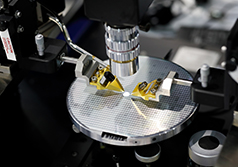Ensuring Electric Vehicle Charging Safety: A Technical Examination of Key Electrical Components
Introduction
The growing adoption of electric vehicles (EVs) has necessitated a robust and secure infrastructure for charging. As the demand for electric vehicle charging stations continues to rise, it becomes imperative to delve into the technical aspects of ensuring safety during the charging process. This article focuses on the key electrical components that play a critical role in safeguarding EV charging systems.
Charging Connectors and Cables
The charging connectors and cables are fundamental components in an electric vehicle charging system. The connectors must comply with international standards such as IEC 62196 and SAE J1772, ensuring interoperability and safety across different charging networks. Proper material selection and construction techniques for cables are crucial to withstand high currents, prevent overheating, and minimize the risk of electric shock during charging.
Ground Fault Protection
Ground fault protection is an essential safety feature that detects and responds to any current leakage to the ground. This is crucial in preventing electric shocks and minimizing the risk of fire hazards. Ground fault protection devices, integrated into charging stations, continuously monitor the electrical circuit, promptly disconnecting power in case of a fault.
Overcurrent Protection
To prevent damage to both the electric vehicle and the charging infrastructure, overcurrent protection is implemented using circuit breakers or fuses. These protective devices interrupt the circuit when the current exceeds the predefined threshold, preventing overheating and potential fires. Proper sizing and coordination of overcurrent protection devices are critical to ensure effective and reliable operation.
Voltage Monitoring and Regulation
Maintaining a stable voltage is essential for the safe and efficient charging of electric vehicles. Voltage monitoring systems ensure that the charging station provides the appropriate voltage levels, preventing overvoltage conditions that could damage the vehicle's electrical components. Voltage regulation mechanisms, such as voltage control algorithms and feedback loops, play a crucial role in maintaining a consistent and safe charging environment.
Temperature Control Systems
Temperature control is vital to prevent overheating of electrical components during the charging process. Charging stations incorporate temperature sensors and control systems to monitor and regulate temperatures in critical components such as power electronics and connectors. This ensures that the charging infrastructure operates within safe temperature ranges, reducing the risk of component failure and fire hazards.
Communication Protocols and Cybersecurity
Effective communication between the electric vehicle and the charging station is facilitated by communication protocols such as ISO 15118. Secure communication is crucial for controlling the charging process, monitoring system health, and implementing safety features. Additionally, robust cybersecurity measures are essential to protect against potential threats, ensuring the integrity and safety of the entire EV charging system.
Conclusion
The safety of electric vehicle charging systems relies heavily on the integration and proper functioning of various electrical components. By emphasizing the importance of charging connectors, ground fault protection, overcurrent protection, voltage monitoring, temperature control systems, and communication protocols, the electric vehicle industry can continue to advance confidently in providing safe and reliable charging infrastructure. As technology evolves, ongoing research and development efforts will be essential to stay ahead of emerging safety challenges and further enhance the overall safety of electric vehicle charging systems.
Subscribe to Us !
-
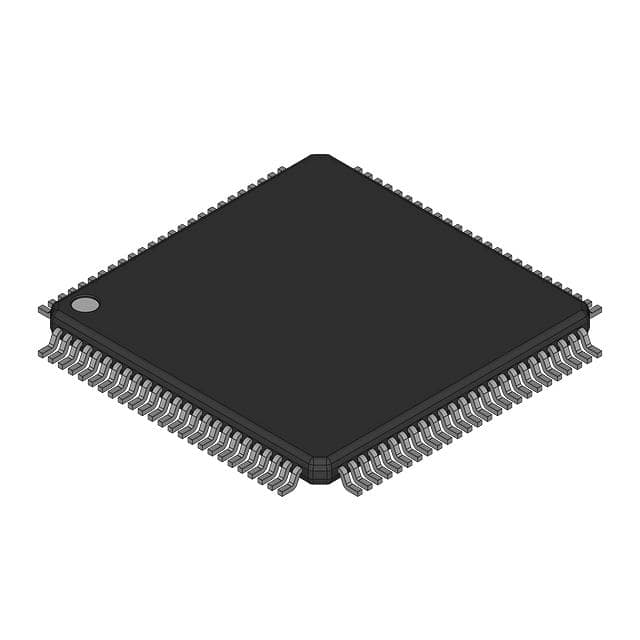 LV71081E-MPB-E
LV71081E-MPB-Eonsemi
-
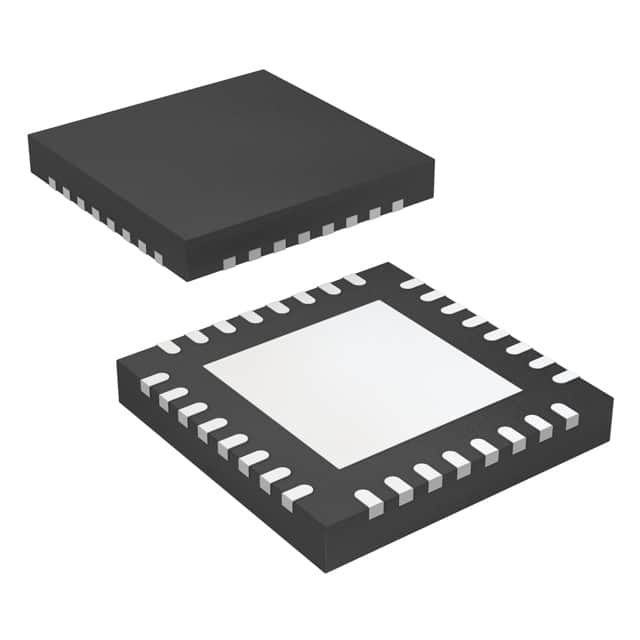 LMK00334RTVRQ1
LMK00334RTVRQ1Texas Instruments
-
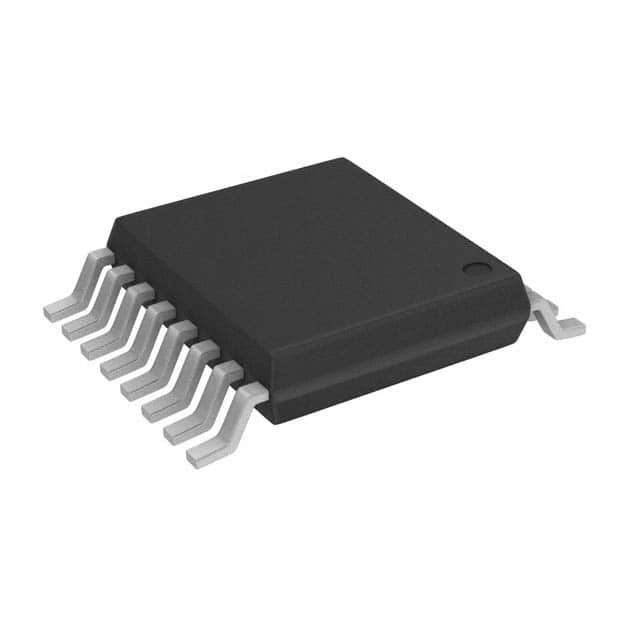 PI6C557-03LEX
PI6C557-03LEXDiodes Incorporated
-
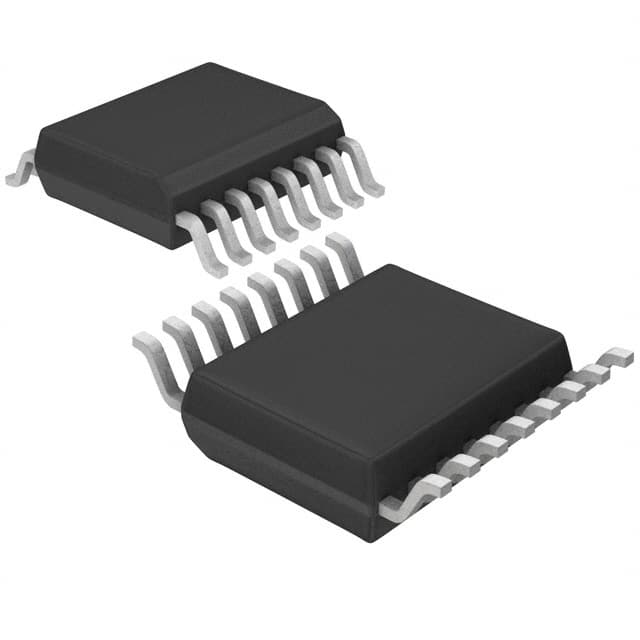 PCM1753DBQR
PCM1753DBQRTexas Instruments
-
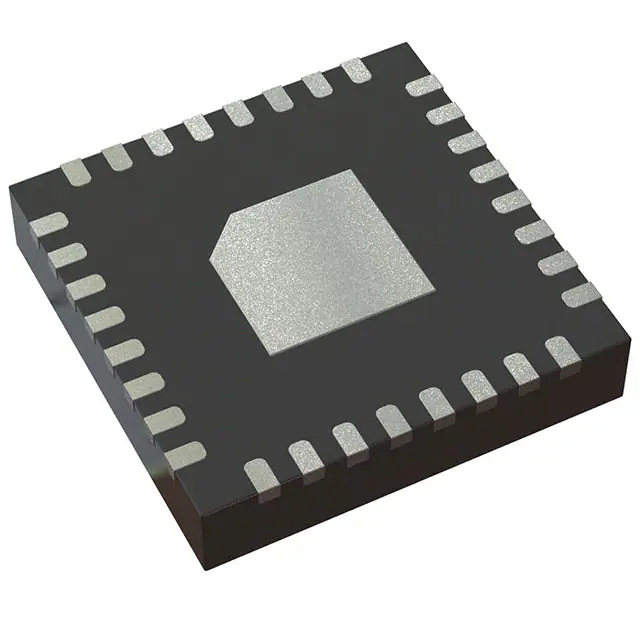 ADS1204IRHBT
ADS1204IRHBTTexas Instruments
-
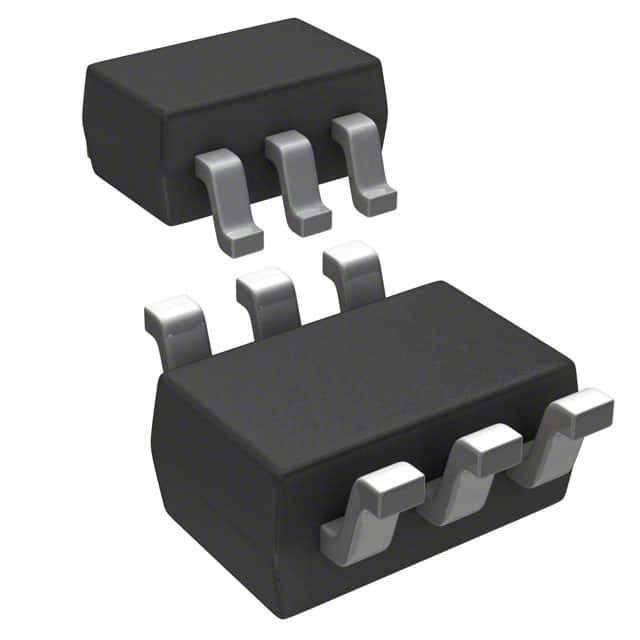 MCP4018T-104E/LT
MCP4018T-104E/LTMicrochip Technology
-
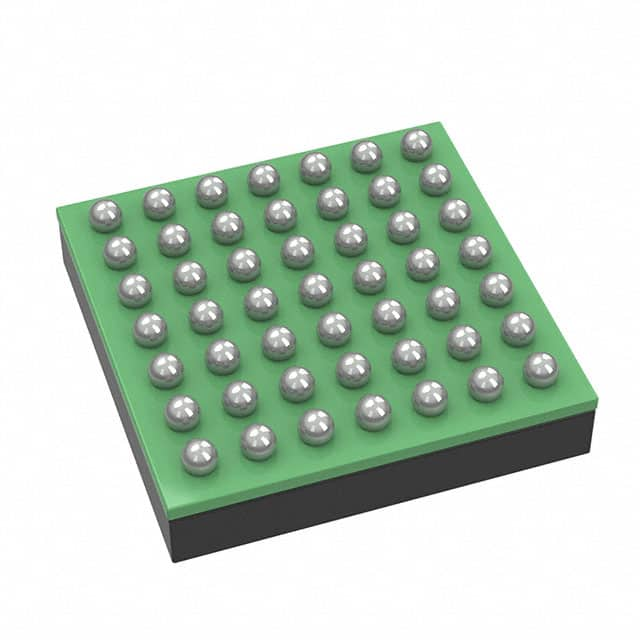 T4F49C2
T4F49C2Efinix, Inc.
-
.jpg) A40MX02-PLG44
A40MX02-PLG44Microchip Technology
-
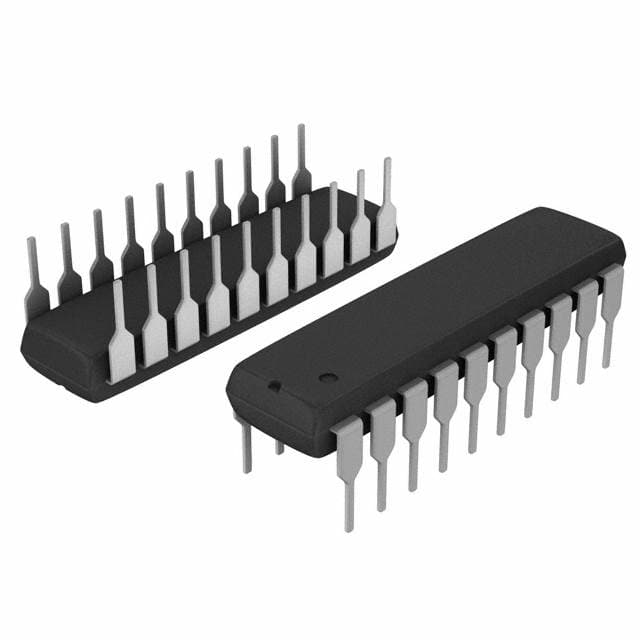 ATF16V8C-7PU
ATF16V8C-7PUMicrochip Technology
-
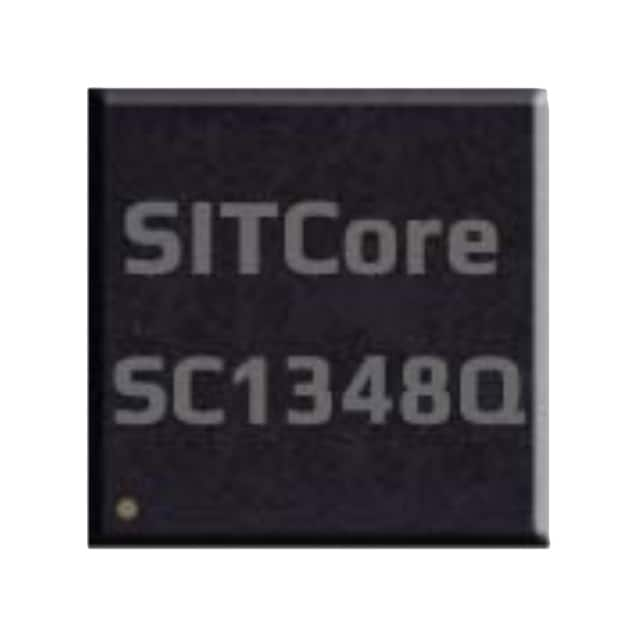 SC-13048Q-A
SC-13048Q-AGHI Electronics, LLC



